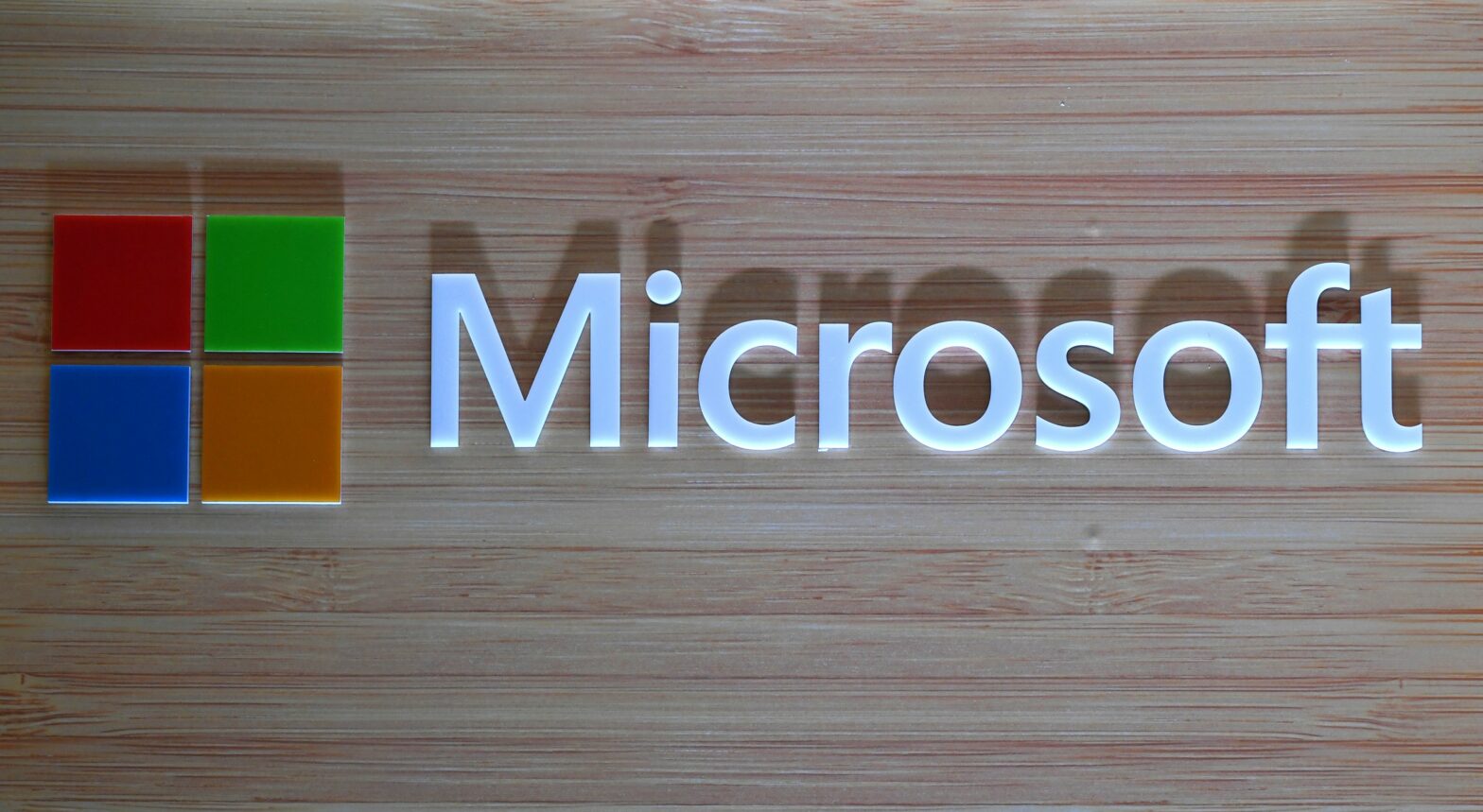30 May 2002 The European Union (EU) is to adopt anti-spamming laws that will require email marketers to obtain the explicit consent of recipients. The laws will also cover mobile phone text messaging.
The legislation will feature in the forthcoming EU ‘Electronic Communications Data Protection Directive’.
However, anti-spam campaigners have criticised its ‘soft opt-in’ approach that will allow companies to continue sending email advertising to people whose details were obtained in the past as part of a sale – until the recipient asks to be removed from their list.
In addition, it is not yet clear what penalties will be meted out to organisations that break the new rules, which will only apply to companies headquartered within the EU.
Anti-spam software vendor Brightmail claims that “90% of unsolicited emails or text messages actually come from [spammers] that are either untraceable or acting from outside the European Union, and they will therefore disregard any legislation imposed” from Brussels.
Nevertheless, the European Coalition Against Unsolicited Commercial Email (CAUCE) welcomed the European Parliament’s decision. Despite its flaws, they hope it will spur Internet service providers (ISPs) to more vigorously enforce their acceptable usage policies – many ISPs respond only slowly and fitfully to spam complaints – and to implement more effective spam blocking systems.
It was also warmly welcomed by anti-spam activists outside the EU who see it is a potential model to be adopted in their own countries, particularly in the US where spamming is a much bigger problem. This is largely due to the tacit approval of the practice by major American communications companies.






